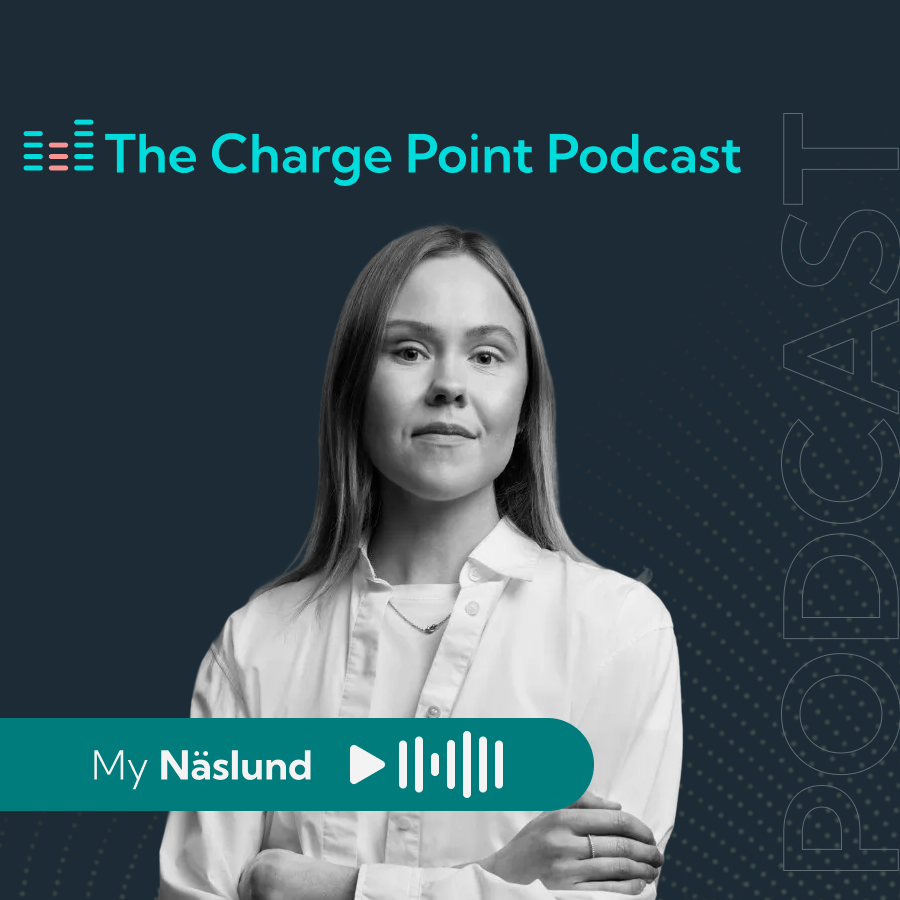Transition to Electric Vehicles: Understanding consumer expectations to drive innovation
.png)
EV market trends: Decoding the consumer mindset
According to McKinsey's 2025 study, over 50% of electric vehicle (EV) drivers say they would choose an EV again for their next purchase – a clear sign of shifting habits and expectations. Yet the transition to electrification faces key technical, economic and behavioural challenges that must be understood to drive broader adoption.
Amid growing environmental pressure and accelerating regulations, this article sheds light on the key decision-making criteria for consumers, psychological and financial barriers, and the resulting implications for EV charging solution providers.
.png)
Global trends in EV adoption
Europe: Moderate growth with strategic importance
In Europe, 21% of new vehicle sales are now electric, with a strong preference for PHEVs (plug-in hybrid electric vehicles), often seen as a reassuring middle ground.
EU climate policies, strict CO₂ emissions regulations, and purchase subsidies continue to drive this momentum. Germany and the Netherlands lead in infrastructure deployment, while France is making rapid progress but still lags behind on some key indicators.
The EU also actively supports cross-border projects aimed at linking national charging networks. These initiatives incorporate fast-charging, load balancing, and renewable energy integration. This long-term vision positions Europe as a prime testbed for innovation in e-mobility.
China: An uncontested global leader
China continues to dominate the EV market, accounting for 50% of global EV sales. Battery Electric Vehicles (BEVs) are strongly favoured, driven by an extensive charging infrastructure, aggressive government incentives, and highly competitive domestic manufacturers. The Chinese market serves as a global innovation hub, particularly in fast-charging technologies and advanced energy management systems.
United States: Progressing slowly despite new momentum
With only 10% of new car sales being EVs, the United States still trails behind other major markets. Key barriers include the total cost of ownership and a lack of accessible charging infrastructure. However, recent federal incentives and the commitment of major automakers to electrify their fleets are beginning to shift the momentum.
Factors influencing consumer purchase decisions
What do EV buyers really want? According to McKinsey, it's clear:
- 43% want a longer driving range
- 35% expect a lower purchase price than petrol/diesel cars
- 29% need charging points as accessible as petrol stations
- 24% look for faster charging speeds
- 18% are influenced by rising fuel prices
These priorities paint a vivid picture: range, affordability, infrastructure, and charging speed are non-negotiables for broader EV adoption.
One key factor stands out: prior EV ownership experience. Current EV drivers show a high intention to repurchase, confirming that satisfaction with the first experience is a decisive conversion trigger. To win over hesitant consumers, offering a seamless, simple and reliable first EV experience is crucial.
Implications for Charge Point Operators and solution providers
Meeting new consumer expectations
Charge Point Operators (CPOs) must offer fast, reliable, and user-friendly charging solutions, while integrating smart features such as mobile payments, remote booking, and usage analytics.
Strategic territorial deployment
Developing a dense and accessible charging network is essential, especially in rural and suburban areas. Collaboration with local authorities is therefore key to supporting scalable and inclusive infrastructure growth.
FLEXECHARGE's approach to emerging EV infrastructure needs
We offer smart charging solutions designed to be compatible with a variety of infrastructures and platforms.
Our mission is simple: To optimise energy consumption, reduce peak demand, and ensure a smooth and seamless user experience.
FLEXECHARGE’s vendor-agnostic architecture enables seamless integration into existing systems, offering greater flexibility to partners. Our ongoing collaborations with European operators and enterprise pilot projects like Team Energi and Volvo Trucks illustrate our commitment to delivering tailored solutions that actively support the energy transition on the ground.

What is Load Management and why is it essential for EV Charging
Explore the essentials of advanced Load Management in this guide. Uncover the complexities of integrating EV charging systems with existing power grids, a critical challenge in energy management. Discover how solid Load & energy management solutions ensure an efficient, secure, and scalable charging infrastructure.


Interesting reads


January 2026: Record Funding and Network Expansion Drive Europe's EV Charging Evolution


December 2025 EV Charging & Fleet Infrastructure Update


How Battery Energy Storage and Virtual Power Plants Are Redefining CPO Profitability


How to Generate New Revenue Streams With Battery Energy Storage Systems (BESS) on EV Charging Sites

Get started with
FLEXECHARGE
Contact our team to learn more about what we can help you achieve with our open, vendor agnostic platform and powerful solutions.
